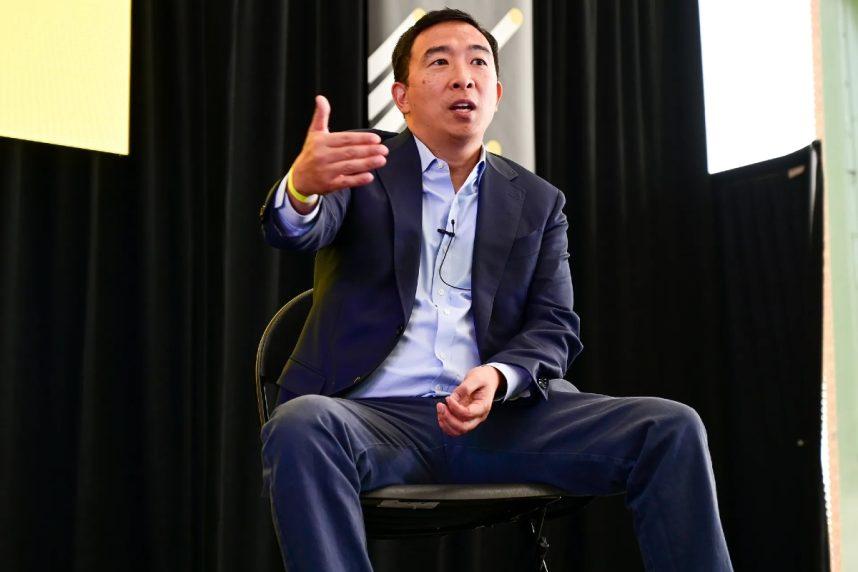Andrew Yang, a 2020 Democratic presidential candidate whose signature policy position was establishing a monthly basic income subsidy of $1K for all US citizens, believes the liberalization of sports betting has been a net negative for society.

Yang, a businessman, attorney, lobbyist, and political commentator thinks the ongoing expansion of legal sports betting across the country, made possible by a landmark US Supreme Court ruling in May 2018, has been detrimental.
The consequences have been most severe for those who can’t afford to lose, Yang asserts. Yang likens sportsbooks to a new form of the lottery in that they prey on the poor.
You know what’s become another ‘tax’ on Americans? Online sports betting,” Yang said on X.
Faced with pushback from his 1.7 million X followers, Yang clarified that he has participated in the legal sports betting market.
Guys, I gamble on sports on one of the apps. It’s a time suck and totally changes your viewing experience — and not for the better,” Yang continued. “It’s incredibly easy to imagine people betting money that they can ill afford.”
Yang isn’t anti-gambling, however, as he’s supported legal online poker. A New York native, Yang is also supportive of bringing full-scale casinos to New York City.
Tax on the Poor?
Lotteries have often been described as a regressive tax that negatively impacts low-income earners, who pay the bulk of the tax.
In April, The Economist reported that poorer people spend much higher on lottery games than wealthier people. After analyzing state lottery reports and comparing the data with the US Census Bureau’s statistics, The Economist researchers found that in the poorest 1% of zip codes, the average American adult spends around $600 a year, or nearly 5% of their income, on the lottery.
